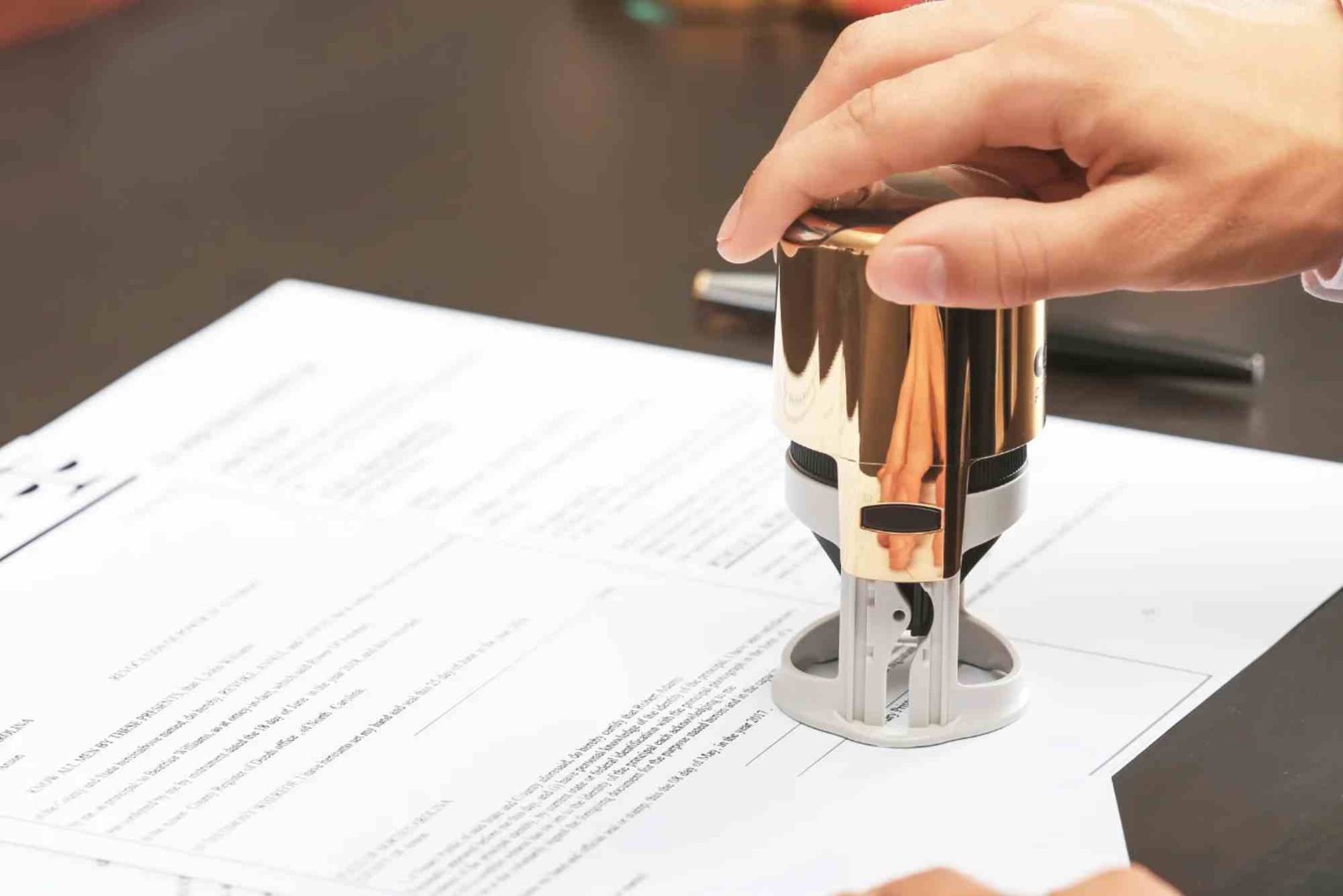SBA loans can be an excellent financial resource for small businesses looking to expand, improve cash flow, or cover operational costs. These loans are government-backed but offered through approved lenders, providing favorable terms for businesses that might not qualify for traditional bank loans. In this guide, we’ll explore everything you need to know about SBA loans, how to apply, and what types of loans are available.
What are SBA Loans?
Introduction to SBA Loans
The Small Business Administration (SBA) was established to support small businesses in the U.S. by offering various programs, including loans, to promote growth. SBA loans are a cornerstone of this support, allowing small businesses access to financing options that may otherwise be out of reach.
How SBA Loans Work
SBA loans are not directly issued by the government. Instead, the SBA partners with private lenders, guaranteeing a portion of the loan, which reduces the risk for lenders and makes it easier for businesses to qualify.
Eligibility Requirements
To qualify for SBA loans, businesses must meet several criteria, including size limits, operating as a for-profit entity, and being in the U.S. A creditworthy financial history and a strong business plan are also essential for a successful application.
Advantages of SBA Loans
- Lower interest rates
- Longer repayment terms
- Smaller down payments
- Government backing, reducing lender risk
Types of Businesses That Qualify
SBA loans are versatile and available to various industries, including retail, manufacturing, service, and more. Generally, businesses must fall under the SBA’s size standards for small businesses.
Types of SBA Loans
There are several SBA loan programs designed to meet different business needs:
7(a) Loan Program
The 7(a) loan is the most popular SBA loan program, offering up to $5 million for working capital, equipment purchases, or business expansion. It’s highly flexible and covers a wide range of business needs.
504 Loan Program
The 504 loan program provides long-term financing for major assets like real estate or heavy equipment. These loans can help businesses that want to purchase or renovate properties.
Microloans
SBA Microloans provide smaller loans of up to $50,000, ideal for startups or small businesses looking for short-term funds. They are often used for working capital, supplies, or equipment.
Disaster Loans
The SBA also provides disaster relief loans for businesses affected by natural disasters. These loans can help businesses recover and rebuild.
Export Assistance Loans
These loans are available to businesses that export products or services overseas. They help finance expansion into international markets.
CAPLines Program
SBA CAPLines offers lines of credit to small businesses needing short-term financing to cover seasonal working capital needs, inventory, or accounts receivable.

Application Process
Step-by-Step Guide to Applying for SBA Loans
- Pre-qualification: Consult with an SBA-approved lender to determine your eligibility.
- Prepare documents: Gather essential paperwork, including your business plan, financial statements, and tax returns.
- Submit the application: Complete the necessary forms and submit them to an SBA lender for review.
- Approval: Once your application is approved, the lender will disburse the loan funds.
Tips for a Successful Application
- Strong Business Plan: Present a clear business plan with financial projections.
- Good Credit: Ensure your personal and business credit is in good standing.
- Complete Documentation: Avoid missing paperwork by preparing all required documents in advance.
Common Mistakes to Avoid
- Incomplete application forms
- Failing to meet SBA loan requirements
- Lack of preparation in financial documents or business plans
SBA Loan Requirements
Credit Score and Financial History
Lenders typically require a minimum credit score (often around 680 or higher) and a clean financial history for approval. Businesses with strong financials are more likely to receive favorable loan terms.
Business Plan Essentials
A comprehensive business plan is critical, showcasing your business goals, strategies, and financial projections. Lenders will focus on the viability and profitability of your business.
Collateral Requirements
Most SBA loans require some form of collateral, such as real estate or business assets, to secure the loan. This reduces the risk for lenders.
Personal Guarantee
Business owners are often required to provide a personal guarantee for SBA loans, meaning they will be personally responsible for repaying the loan if the business defaults.
Repayment and Terms
| Loan Type | Max Loan Amount | Interest Rates | Repayment Terms |
|---|---|---|---|
| 7(a) Loan | Up to $5 million | Prime + 2.25%-4.75% | Up to 25 years |
| 504 Loan | Up to $5.5 million | Fixed rates | 10, 20, or 25 years |
| Microloan | Up to $50,000 | 6%-9% | Up to 6 years |
| Disaster Loan | Varies | 1.5%-4% | Up to 30 years |
| Export Assistance | Up to $5 million | Varies | Varies |
Repayment Terms for Different Loans
Repayment terms vary by loan type. For instance, 7(a) loans can have repayment periods of up to 25 years, while microloans typically have shorter terms, maxing out at six years.
Interest Rates and Fees
Interest rates for SBA loans are tied to the prime rate, with additional rates depending on the loan amount and terms. SBA loans also have guarantee fees, which vary based on the loan size.
Early Repayment and Prepayment Penalties
SBA loans generally allow early repayment, but some loans, like the 504 program, may have prepayment penalties within the first few years.
SBA Loans vs. Traditional Business Loans
SBA Loans vs. Bank Loans
SBA loans offer longer terms and lower interest rates than traditional bank loans. However, the application process is more time-consuming and involves additional requirements, such as personal guarantees and collateral.
Which is Right for Your Business?
If your business doesn’t qualify for a traditional bank loan, SBA loans can be an excellent alternative. Businesses needing lower interest rates and longer repayment terms will benefit from SBA loans.

FAQs about SBA Loans
What is the minimum credit score for an SBA loan?
Most SBA loans require a minimum credit score of around 680, though this can vary by lender.
How long does it take to get approved for an SBA loan?
The approval process can take anywhere from 30 to 90 days, depending on the loan type and the complexity of the application.
Can I get an SBA loan if my business is a startup?
Yes, SBA loans are available to startups, particularly through the Microloan program or 7(a) loan program, though you’ll need a solid business plan and financial projections.
What happens if I can’t repay my SBA loan?
If you can’t repay your SBA loan, the lender will first attempt to collect from the business. If the business defaults, personal guarantees and collateral may be used to recover the funds.
Are there any fees associated with SBA loans?
Yes, SBA loans often include guarantee fees and other closing costs. These fees are usually a percentage of the loan amount and vary depending on the loan type.
SBA loans offer small businesses a chance to grow and succeed with more favorable terms than traditional loans. Whether you’re starting a business or looking to expand, SBA loans can provide the financial support you need. By understanding the application process, repayment terms, and loan types, you can find the right SBA loan to fit your business’s needs.




